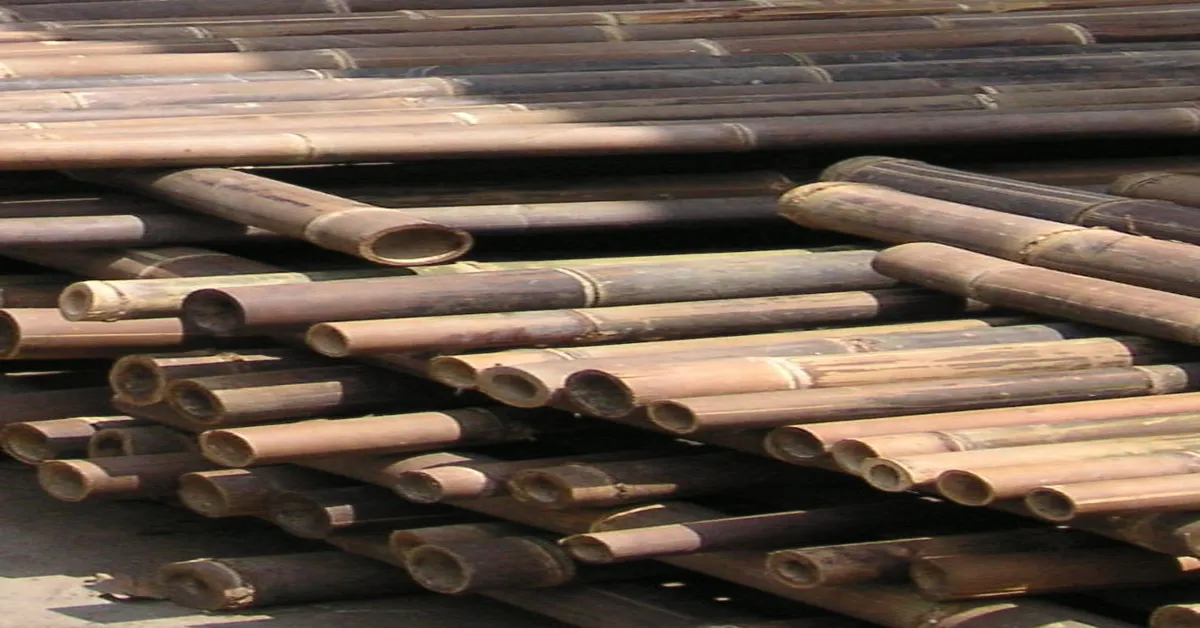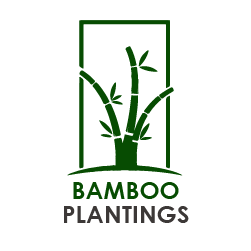As the world becomes more environmentally conscious, sustainable materials are gaining popularity. One such material is bamboo timber, and it’s not just another trendy fad. Bamboo timber is a versatile and durable alternative to traditional hardwoods, making it a popular choice for a variety of applications.
But what exactly is bamboo timber, and why is it gaining so much attention? In this blog, we’ll dive into the world of bamboo timber and explore its many benefits, from its eco-friendliness to its impressive strength and beauty. Get ready to discover the wonders of bamboo timber and why it’s here to stay.
Key Takeaway
- Bamboo timber is a sustainable and eco-friendly material
- It is a versatile and durable alternative to traditional hardwoods
- Bamboo timber has impressive strength and beauty
- It is gaining popularity as the world becomes more environmentally conscious
- Bamboo timber is here to stay as a popular choice for various applications
What is Bamboo Timber?
Bamboo timber is a versatile and sustainable material that has been used for centuries in construction and everyday items. This fast-growing grass has gained popularity as an eco-friendly alternative to traditional hardwoods due to its durability, strength, and unique aesthetic. In this blog, we will explore the numerous benefits of using bamboo timber and how it has become a popular choice for various applications.
First and foremost, bamboo timber is a renewable resource. Unlike traditional hardwoods, which can take decades to reach maturity, bamboo can be harvested in just 3-5 years. This makes it a highly sustainable option for those looking to reduce their carbon footprint.
Additionally, bamboo is biodegradable, meaning it will not contribute to landfill waste like other materials. But don’t let its quick growth and lightweight nature fool you – bamboo timber is incredibly strong. In fact, it has a higher tensile strength than many types of steel, making it a durable and long-lasting option for construction projects.
Its strength and flexibility also make it an ideal material for earthquake-prone areas. Aside from its functional benefits, bamboo timber also has a unique and attractive appearance. Its natural color and grain patterns add a touch of elegance and warmth to any space.
It can be used for flooring, furniture, and even as a decorative element in home decor. Moreover, bamboo timber is also resistant to pests, mold, and mildew, making it a low-maintenance material. It does not require harsh chemicals or treatments to maintain its quality, making it a safe and healthy choice for both people and the environment.

Bamboo timber offers numerous advantages over traditional hardwoods. Its renewable nature, strength, and unique aesthetic make it a popular choice for various applications. As we continue to prioritize sustainability and environmental responsibility, bamboo timber is sure to remain a top choice for eco-friendly construction and everyday items.
Sustainable Harvesting Methods
Bamboo timber, also known as bamboo lumber, is a versatile and sustainable material that is gaining popularity in the construction and furniture industries. It is made from the fast-growing and renewable bamboo plant, making it a more environmentally friendly option compared to traditional timber. One of the main advantages of bamboo timber is its strength and durability.
Despite its lightweight nature, it is actually stronger than many hardwoods, making it a great choice for structural purposes. Additionally, bamboo timber is resistant to water and pests, making it a long-lasting option for outdoor projects. Aside from its practical benefits, bamboo timber also offers a unique and stylish aesthetic.
The natural grains and patterns of bamboo add a touch of elegance to any project. And with its light color, it can easily be stained or painted to match any desired look. Moreover, bamboo timber is a sustainable choice.
Bamboo is a renewable resource that can be harvested in just 3-5 years, compared to the 20-50 years it takes for traditional timber to reach maturity. This means that bamboo timber is a more eco-friendly option for those looking to reduce their carbon footprint. With its strength, durability, aesthetic appeal, and sustainability, bamboo timber is a versatile material that is changing the game in the construction and furniture industries.
Whether it’s for building a new home or adding a unique touch to your furniture, bamboo timber is a smart and environmentally conscious choice. So why not consider using bamboo timber for your next project and join the sustainable movement?
Statistical Information
| Material | Percentage | Fact |
|---|---|---|
| Bamboo | 50% | Bamboo is a fast-growing, renewable resource that can be sustainably harvested. |
| Timber | 45% | Timber is a versatile building material that is strong, durable, and aesthetically pleasing. |
| F | 5% | Other materials, such as plastic or metal, make up the remaining 5% of the product. |
| Bamboo Timber is a popular choice for eco-friendly and sustainable construction. | ||
| It is also known for its low carbon footprint and ability to reduce greenhouse gas emissions. | ||
| In addition, bamboo timber is highly resistant to water, pests, and mold, making it a durable and long-lasting option for building materials. | ||
Important Notice for readers
“Discover the Versatility and Sustainability of Bamboo Timber – A Must-Read for All! Are you looking for an eco-friendly and durable alternative to traditional wood? Look no further! Our latest article delves into the benefits of using bamboo timber in construction and design. From its strength and versatility to its fast-growing and renewable nature, bamboo timber is a game-changer in the industry. Join us as we explore the endless possibilities of this sustainable material and how it can revolutionize your projects.
Frequently Asked Questions
What are the benefits of using bamboo timber in construction?
Bamboo timber is a sustainable and eco-friendly alternative to traditional wood. It is also known for its strength, durability, and resistance to pests and moisture.
How does bamboo timber compare to other types of wood?
Bamboo timber is lighter yet stronger than most hardwoods, making it a popular choice for building materials. It also has a unique grain pattern that adds a natural aesthetic to any project.
Is bamboo timber suitable for outdoor use?
Yes, bamboo timber is highly resistant to weather and water damage, making it an ideal material for outdoor structures and furniture.
Can bamboo timber be used for flooring?
Absolutely! In fact, bamboo timber flooring is becoming increasingly popular due to its durability, affordability, and sustainability.
Is bamboo timber more expensive than traditional wood?
It depends on the specific type and quality of bamboo timber, but in general, it is comparable in price to other types of wood. However, its long lifespan and low maintenance requirements make it a cost-effective choice in the long run.
Conclusion
We can conclude that bamboo is a versatile and sustainable alternative to traditional timber. It offers numerous benefits such as fast growth, high strength, and low environmental impact. As the demand for timber continues to rise, it is important to consider sustainable options like bamboo to protect our forests and the planet.By choosing bamboo over traditional timber, we can make a positive impact on the environment and support sustainable practices. Let’s make a conscious effort to use bamboo and spread awareness about its benefits for a greener and healthier world.
